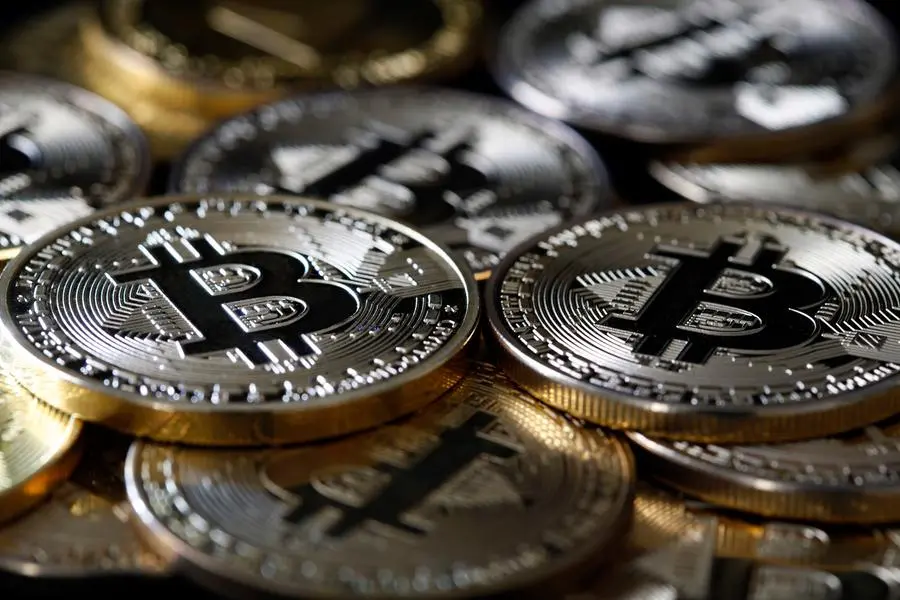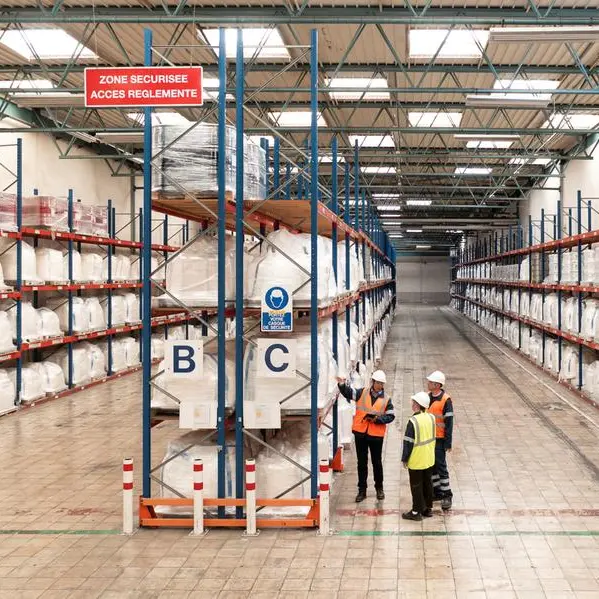PHOTO
It is increasingly evident that the United Arab Emirates (UAE) is becoming an attractive hub for crypto players, both from a market growth perspective as well as regulatory.
The past year has witnessed a widening investment and adoption of crypto and proliferation of Virtual Assets Service Providers (VASPs). With institutional investors entering the foray, the market is headed towards stability, offsetting the previously observed bouts of price volatility.
The Middle East is one of the fastest growing crypto markets in the world, with the UAE’s share in the global market around US$25 billion transactions, and it has increased by 500 per cent between July 2020 and June 2021.
Regionally, the UAE ranks third by volume, behind Turkey which had $132 billion in transactions volumes and close to Lebanon at $26 billion. Some of the key drivers of growth for crypto adoption in the UAE include friendly regulatory regime, government support, increase in private wealth and comparatively high consumer trust.
The UAE is also considered one of the most progressive use cases for crypto. Mass use cases we have seen for crypto in the UAE include airlines and real estate firms, some of which are now accepting payments in crypto.
While we are witnessing a boom in the industry, we recognise that crypto is still an emerging market and global regulation is at an evolving stage. Overall, many are adopting a more cautious approach with countries like the US and the UK having announced moves to bring regulatory oversight to the industry, while encouraging market development. The level of oversight on crypto today varies greatly from one country to another, with some regulators like the EU, taking the lead with MiCA (Markets in Crypto Assets), and others still grappling with the regulatory challenges of this new financial instrument.
The growth of the crypto market and its movement correlation with stock markets, coupled with the varied and fragmented regulations across the globe, implies a serious risk to the stability of the overall financial markets. Hence, the need for a strong international framework to regulate the crypto industry and prevent regulatory arbitrage.
Earlier this year, the Ruler of Dubai, Sheikh Mohammed bin Rashid Al Maktoum, issued Law No. 4 of 2022 on the regulation of virtual assets in the Emirate of Dubai (Virtual asset law which seeks to establish the position of Dubai and the UAE as a key global player in designing the future of virtual assets. The virtual assets law also establishes the Dubai Virtual Assets Regulatory Authority (VARA), affiliated with the Dubai World Trade Centre Authority (DWTCA), as the primary virtual assets regulator in Dubai. VARA aims to promote Dubai’s position as a regional and international destination of choice in the virtual assets sector.
Governments today want to foster innovation and market growth; but they are also cautious about the potential misuse of crypto for sanctions evasion, fraud, terror financing and money laundering.
Facilitative crypto regulation should have appropriate space for innovation and healthy competition while clamping down on illicit conduct.
It is evident that the UAE has been creating an encouraging environment for the growth of its crypto industry, especially with Dubai’s enactment of VARA, and while the industry was largely unregulated a few years ago, recent legislative measures have shown the government’s keenness to reduce the potential financial crime risk in the nascent industry.
However, the crucial policy and strategic question for the UAE is how to maintain the fine balance between inviting innovation, technology and wealth generation and leading the future of crypto and blockchain yet having robust regulations in place to control the potential risks related to financial crime that such new technology frontiers may unwittingly bring.
Besides financial crime regulatory risk mitigation, locally and internationally, the UAE will have to consider guardrails for consumer protection and benefits, ensuring financial access and economic inclusion, and a level playing field, if it wants to establish itself as a pioneering virtual assets regulator.
Leading regional and international coordination to eliminate regulatory arbitrage and making cross border compliance easier, is another aspect that can distinguish the UAE as a reputable player in the global crypto industry.






















